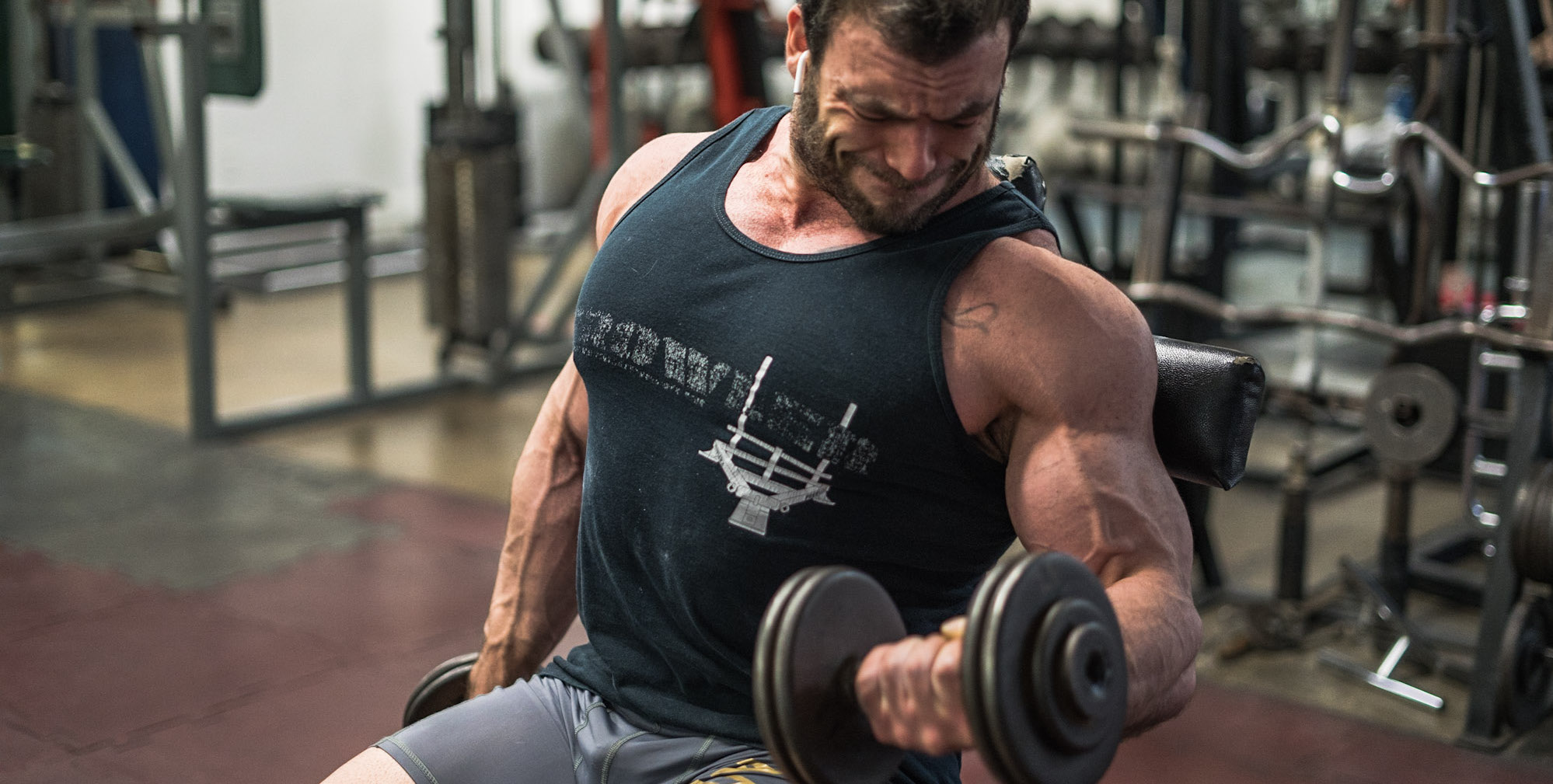
I’ve written quite a bit before about the mental side of lifting. For those of you who struggle with finding motivation when you’re worn the fuck out, getting over bad days in the gym, or setting goals and seeing them through, the mental game is simply a huge part of success. If you’re ignoring it, you’re selling yourself short.
And even if your mental game is strong already, there’s probably a lot you can do to improve. Take me, for example. I’ve done a lot to strengthen my mindset when it comes to lifting, but with a looooong offseason looming, I found that I was feeling a little… aimless. Since I’m coming off nearly two years of constant meet prep, that’s not a huge surprise, but still, without an immediate goal in mind, I found that my mental game suffered pretty significantly.
Why Your Why Matters
I eventually realized the reason behind my aimlessness: I had been focused on short-term goals for so long, that achieving them had become my entire purpose for lifting. I’d lost sight of the bigger picture, of why I began lifting in the first place. I’m not talking about the fact that I love to lift — I’m talking about deeper things, like finding my place in the world.
I know that sounds pretty heavy, but the truth is, many of us participate in sport in an attempt to find a sense of identity. In academic literature, my attachment to short-term goals is referred to as outcome or ego orientation: I was concerned entirely with results, proving myself to others, and yes, with winning. And I think a lot of lifters can relate to that. But there’s more to lifting than the weight on the bar — a whole hell of a lot more. This other side — what the literature calls task or process orientation — focuses on following a plan. You can read more about the difference between these two orientations here, but the long and short of it is that you need to pay attention to both your process and your outcome if you really want to be your best.
What’s really interesting is that some good research shows individuals’ orientation towards goals is closely tied to their purpose for participating in sport in the first place. Athletes who are outcome-oriented tend to believe that sport should do things like improve one’s social or economic status (think of the showboat football player who’s in it for the bling — whether that’s a Super Bowl ring or a whole bunch of regular ones).
On the other hand, athletes who are process-oriented tend to believe that sport has more altruistic benefits. This time, we’re talking about things like building a sense of community, sharing knowledge with others, and building a strong character. To some, this might sound pretty sappy — and if you’re in that boat, I’d suggest you think about the whole purpose of EliteFTS: to Live, Learn, and Pass On. Sounds pretty familiar, huh?
What’s Your Why?
Now, don’t get me wrong: I am not suggesting that you need to give up any ideas of earning fame and fortune through sport (although if you’re in a strength sport, you probably should be realistic about where that might take you). What I am saying is that if you’re like me, and you’ve allowed yourself to focus solely on one approach to lifting — whether it’s the outcome, the process, or the purpose — you should consider broadening that perspective.
Like most mental training, this is easier said than done, but here are some things you might think about:
- If you’re a coach who’s feeling overwhelmed by the energy required to support your lifters, maybe you pick out a meet of your own to compete in.
- If you’re a lifter who’s been frustrated by a string of poor meets, maybe you decide to spot, load, or judge at the next one. Giving back to the community is a great way to step out of a completely egocentric purpose.
- If you’re constantly hopping from program to program trying to get your Wilks from 400 to 450, maybe you decide that you’ll set a short-term goal of just sticking to one program for the next 16 weeks.
Look, there’s no one right or wrong way to go about this — just like there’s no right or wrong purpose for lifting weights. But there is a lot of value in balance, both mental and physical. There more you can do to achieve that balance in your why, the better you’ll be able to perform in the long run.








